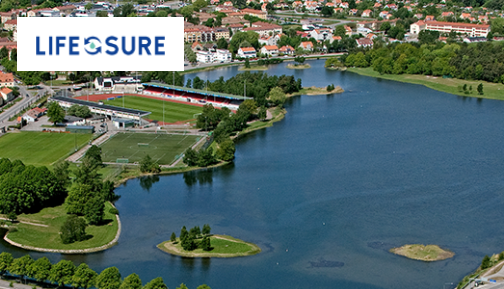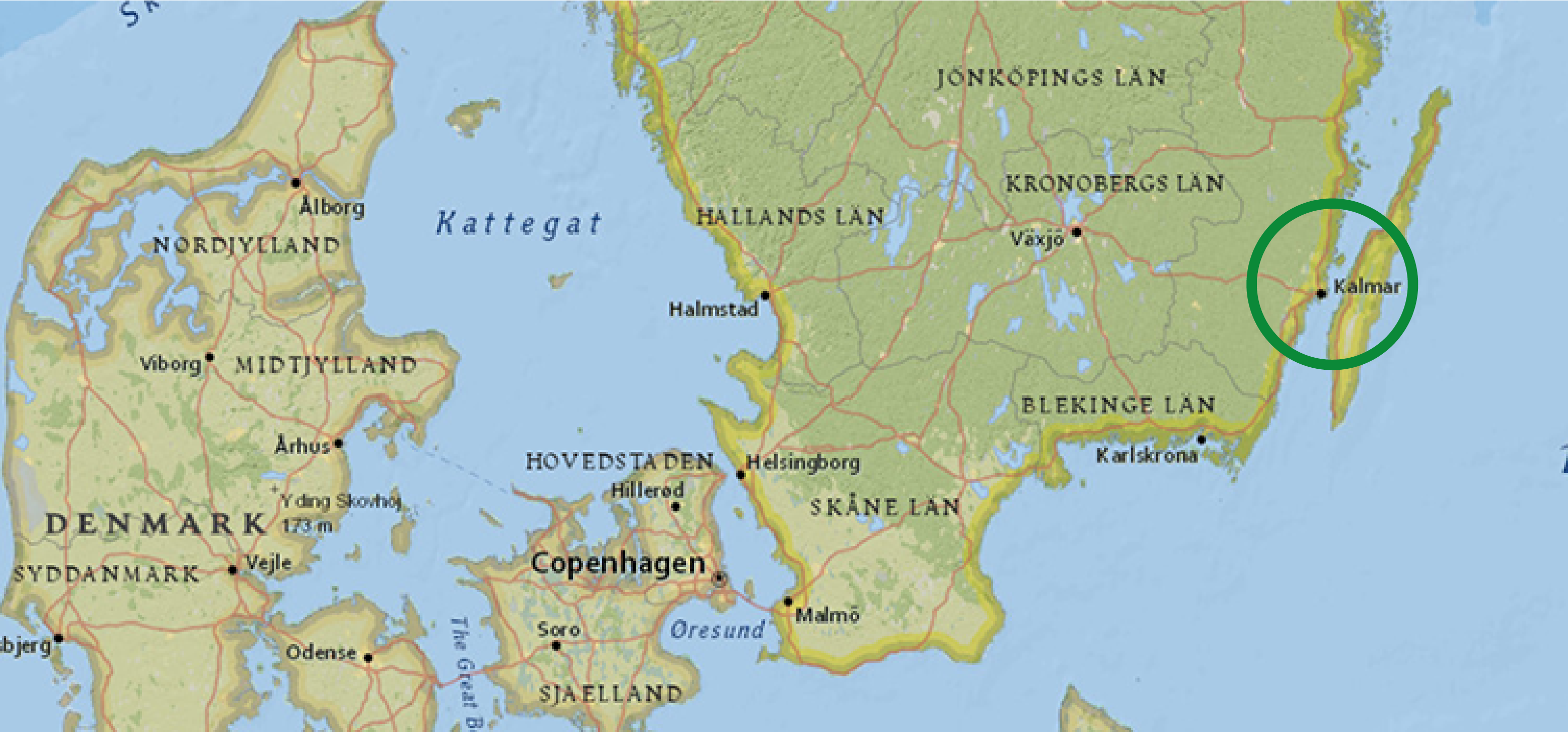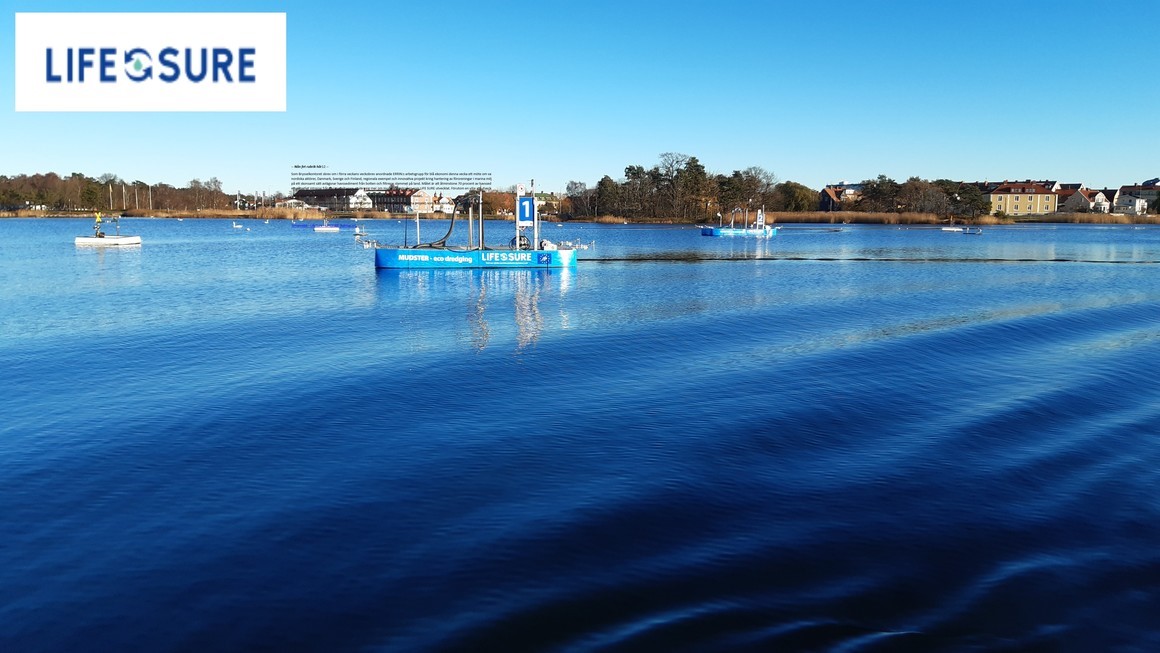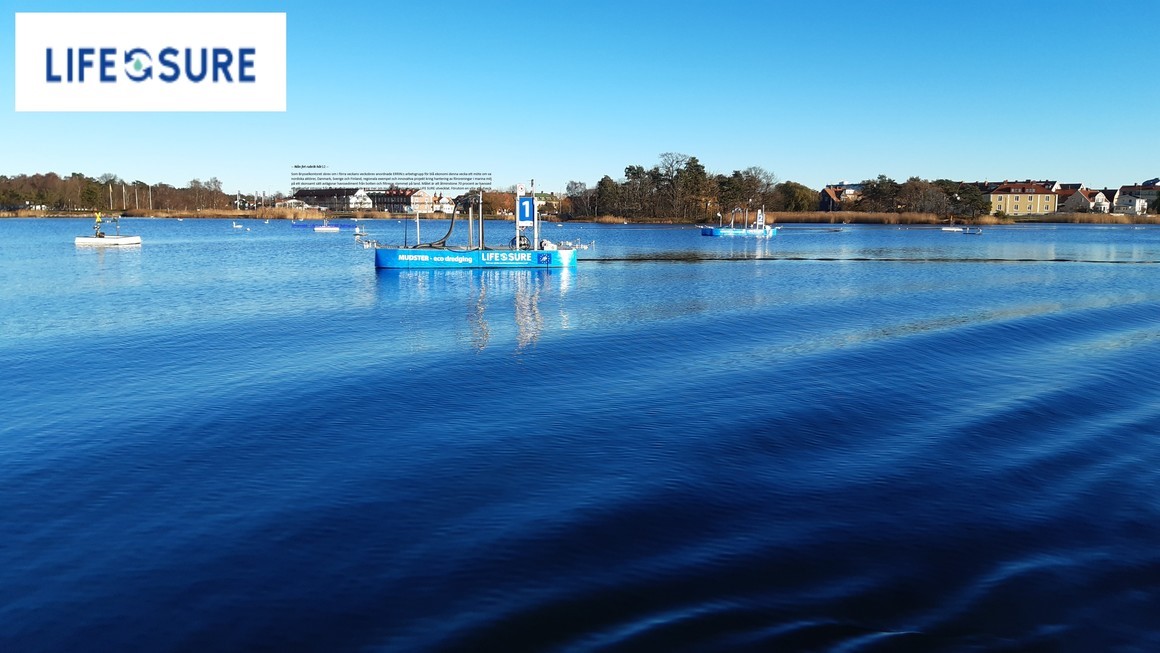Ensuring blue circularity with a new ocean cleaning technique

Småland Blekinge Halland South Sweden comprises five Swedish regions with considerable coastlines and lake districts. As such, they are hosting water-based trade and enterprise, energy, and biodiversity, as well as providing drinking water to millions. As a consequence of industrialization and climate change our five regions are also facing environmental and climate related challenges to its waters. Having previously seen water as an infinite resource, our regions are now experiencing recurrent draughts, loss of biodiversity and polluted waters. Being both innovative and ingenuitive, our regions have addressed these matters not only as threats, but also as opportunities. The so called ”blue industries” are widespread in the SBHSS regions, with several private and public actors working tirelessly on water related issues and finding unique, innovative and cutting-edge solutions to global and regional challenges. One of these initiatives is the LIFE SURE project, aiming to clean our oceans and waterways from pollutants and repurposing biproducts for multiple purposes, contributing to a circular economy.
Background: Over the last couple of years, water and marine related issues have been given more attention by the EU. Access to clean water and harnessing the full potential of the water-based economy are two examples of this. In 2021 the EU launched a new strategy together with legislative proposals and initiatives to face the challenges as well as the opportunities within the blue economy. For the regions of Småland Blekinge Halland South Sweden, this increased attention to the blue economy has provided several new opportunities for regional stakeholders working with water-related projects.
The solution: One such project taking full advantage of the available EU funding, is the Kalmar based LIFE SURE project. Led by the Municipality of Kalmar in collaboration with the Linnaeus University, LIFE SURE is co-financed by the EU LIFE Programme and the Swedish Agency for Marine and Water management (HaV). Through EU funding and a team of experts the project has developed a cleaning solution which can remove sediment from the seabed, and subsequently contributing to the cleaning our oceans and waterways.

Urban water bodies are often iconic parts of many cities and urban landscapes and provide residents and visitors with unique recreational experiences. However, these lakes, rivers, and estuaries are also often prone to contamination. Snow and rainwater collect contaminants from roads, houses, industries, and old landfills, and transport them to the water bodies, resulting in over-fertalisation (eutrophication) and high levels of toxins such as heavy metals. This in turn affects the aquatic ecosystem negatively as well as giving negative aesthetic values.
The LIFE SURE project’s solution to this is a low-flow eco-dredging robot that carefully removes sediments from the bottom of the bay while slowly and autonomously moving through a designated area. The low flow of incoming sediments also allows for a semi-passive dewatering of the sediments (geotextiles and an automated polymer feed), thus saving energy and investments without negative effects on the fragile shallow water body.
The future: LIFE SURE´s main concept is to work with a circular economy approach where dredged sediments are seen as a resource, rather than waste to be transported to final destination. Active participation of both public, private and the academic sectors, and dissemination to national and regional authorities, international networks and international organizations, secures that the technique will be applied on a larger scale in similar situations. As a next step in the development of the product, LIFE SURE is now searching for new end-users who can utilize the sediments as raw materials and resources in their activities, thus making the innovative solution part of a circular economy. LIFE SURE sees potential end-users in for example urban expansion projects for landfilling purposes, construction sector as replacements of sand in cement or filling of trenches and settlement, and in railways and highways as mase for noise barriers.
The project team has been approached by key actors in the field and several promising initiatives have been started. Like for instance, the Swedish County Administrative Board in the Kalmar Region, which are financing the development of existing techniques from eco dredging. Additionally, business proposals have been made from both companies in Brazil, India and in Sweden, with an interest to scale-up and commercialize the dredging methods. Finally, a dialogue has been started between Kalmar Municipality and a local company on how to use dredged sediments as part of a compost soil product.

To learn more: LIFE SURE has succeeded in its mission to bridge the gap between research/development of results and practical application/test of new technology. The project remains as a highly innovative solution to reach a full circular and blue economy. The solution is cost-effective, automatic, sustainable, mobile, and easy to use. It is furthermore a perfect example of how actors from Småland Blekinge Halland South Sweden, through multilevel collaboration between actors and EU-funding, can create solutions to global challenges.
If you wish to learn more about up-coming initiatives or the results of the LIFE-SURE project, please do not hesitate to contact Renate Foks or Johan Persson. If you wish to hear more about other regional activities with water-related topics, please contact the SBHSS EU Policy Officer Martin Broberg.
